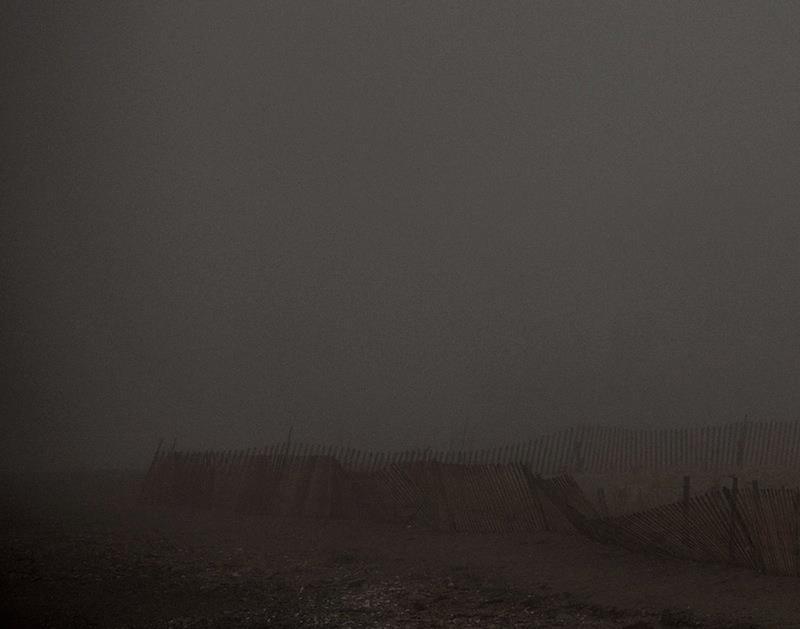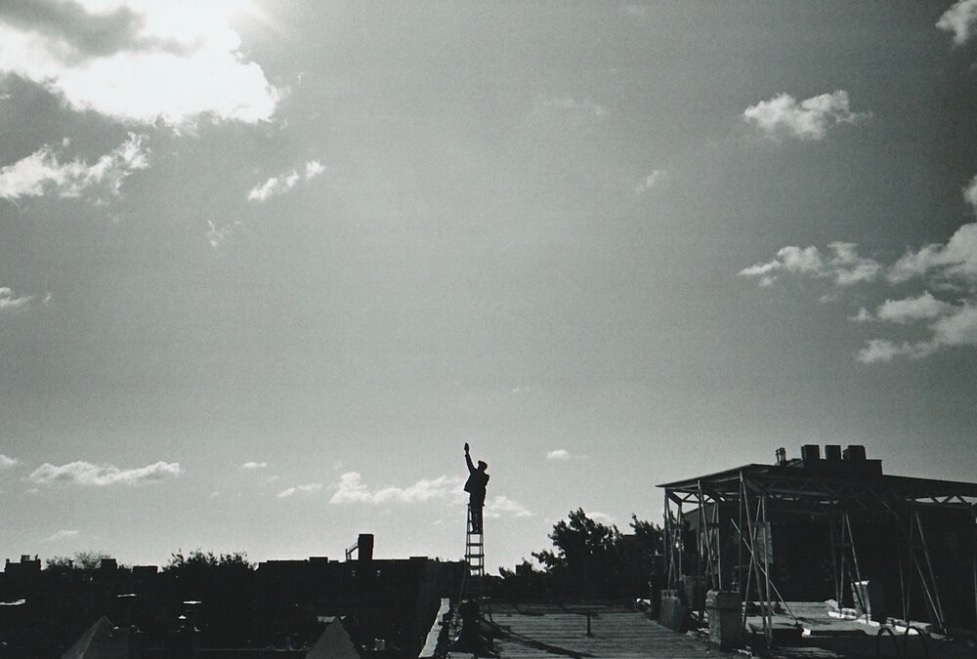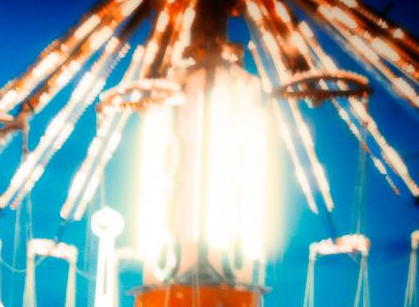Caretakers Blues + Devil’s Bridge
by Michelle Holley
Caretakers Blues
To sing this tale, I should be blind—
like Lemon, or Willie Johnson
singing in the dark, of love and loss just like old Joe Reynolds,
or Reverend Gary Davis, blind at three weeks—
blind before he could see.
You beg to die before you go blind—
before the disease of old takes over the blue of your Madonna’s robe iris,
ones like we planted in the back garden
that bloom after the crocus has withered and before the final burst of white
peonies.
Some days, I feel strong enough to lift all 98 pounds of you
with one finger pointed to the cloud, the star, the moon
telling gods what to do. Other days, I’m so worn
I take the stethoscope to my own heart and think
surely yours will out-beat mine.
I am dying, not you, I mutter as
I wash your withered body,
little flesh on arms, but swollen feet,
curse of all the doomed and literal
meaning of the word Oedipus,
named by the shepherd who found him,
calling the baby by his affliction
before the action of the play takes place—
like so much of your life I never knew.
I powder what still looks young,
the blossom of a nipple,
the strong jaw line so pronounced
you could be the carved head on the front of a great ship bound for Delphi
to ask the gods our future,
but we already know the Oracle’s message
so I ask instead, should I pray for death now, or later?
Will one more day
make me regret my prayers for life?
As the traveling songster sings, “Death Don’t Have No Mercy,”
his fingerpicking style known throughout Texas
and we fear his wrath before the last heartbeat
until the Grateful Dead sing his words for all to know—
the grateful dead. . . dead, yet grateful,
grateful, yet dead.
Oxymoron to the young,
but what blind poets know everywhere—
that old Greek maxim born in fog—
no man should be considered fortunate until he is dead.
Devil’s Bridge
Sleeping next to me—
you sound like a vaporetto gurgling
through Venetian canals
lungs filling with water.
I touch you
to bring you back.
You mumble you were dreaming of a man who wanted you—
how disappointed you were that he did not have white hair,
and how you broke the unfortunate news that he had come
too late for love making.
I roll over—
eyes open to the darkness
while dawn breaks in Venice—
hours before her last stop
fills with new lovers
riding the white-capped waves of Laguana Veneta to Torchello,
searching for the kiss in the last hour as
I place the obolus in your mouth
to pay Charon, our boatsman,
who divides the living from the dead.



